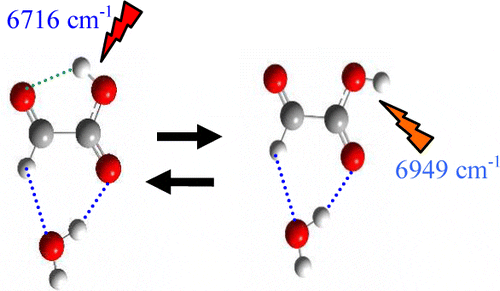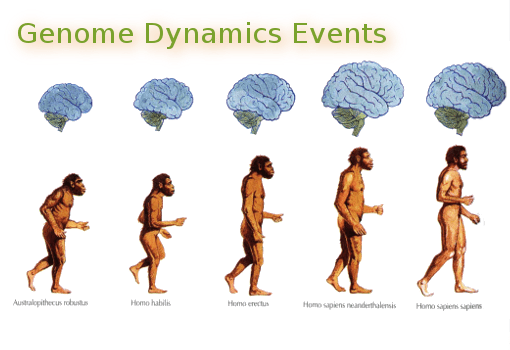2014 and 2004 Nobel Prize in Medicine

2014 Nobel Prize in Medicine is Awarded for Discovery of Brain’s ‘Inner GPS’ Excerpt: “… gray lines show the path followed by a rat as it moves around a box looking for pieces of food.” 2014 Nobel prize in physiology or medicine for finding brain’s ‘you are here’ cells Excerpt: John Stein, professor of physiology … 2014 and 2004 Nobel Prize in Medicine





